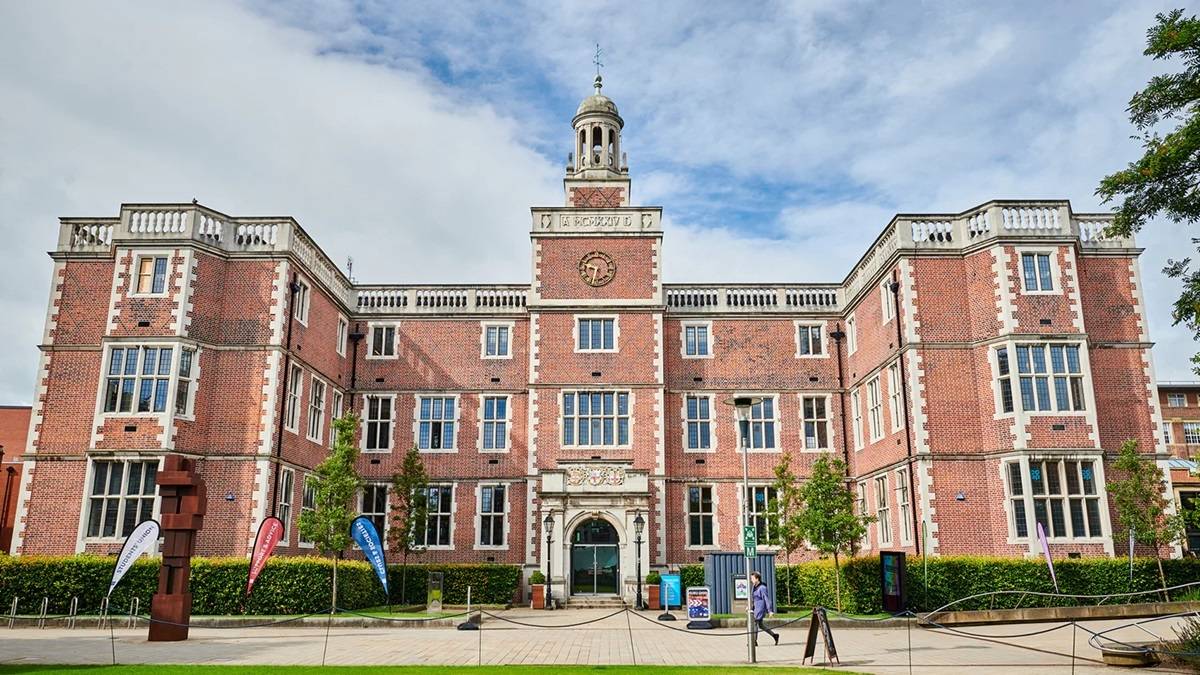Newcastle University Scientists Unveil New Technology To Speed Up Drug Discovery
Study in UK: Newcastle University Scientists have unveiled Reactive Jet Impingement (ReJI) bioprinting technology which is a 3D bio-printer creating human-like tissue. It has the potential to revolutionise the discovery of new drugs for various health issues such as heart disease, cancer and arthritis.
Newcastle University scientists have created a new 3D bio-printer which closely mimics human tissues. For creating this printer, the researchers got funding from Versus Arthritis and earned patents in the US and Europe.
Versus Arthritis financed the research through the Tissue Engineering and Regenerative Therapies Centre Versus Arthritis.
The team was led by Professor Kenny Dalgarno and it overcame various limitations of the existing printer. The process discovered by the team is called Reactive Jet Impingement (ReJI) bioprinting technology. The groundbreaking process jets two different liquids at each other, one has a polymer solution and another one has a cross-linking solution.

Lucy Donaldson, director of research at Versus Arthritis said, “The JetBio team are in the vanguard of research driving forward new technologies that promise to improve both the quality and speed of drug development. These advances can potentially bring new drugs to the population sooner – and that applies to treatments for arthritis, cancer and cardiovascular disease. This is a very exciting leap forward.”
3D Printer Creating Human-Like Tissues To Have Far-Reaching Impact
Professor Dalgarno is confident that the discovery is extremely promising and it is going to have a far-reaching impact.
He said, “There was a real buzz around our technology and the potential it holds. Drug development is very expensive. Therefore if you can do it more effectively and cheaper then it democratises the process to a degree, as more people could then afford the drugs that did make it to market.”
Professor Dalgarno, of Newcastle University's School of Engineering commented, “Drug discovery is a complicated and extremely costly process involving multiple rounds of testing before they reach clinical trials. In clinical investigations only one in ten of compounds tested proceeds to reach market. These rates of failure make it clear that we must improve our models so that they are more representative of drug response in humans. There is currently a lot of interest in developing better human in vitro models of diseases and tissues so we have better ways of testing drugs.”
Read more:
Pick your stage and get free guidance from counsellors who've helped thousands get into top universities.
 Starting research
Starting research Shortlisting colleges
Shortlisting colleges Exam preparation
Exam preparation SOP/LOR writing
SOP/LOR writing Scholarship & finance
Scholarship & finance Visa application
Visa application

